Typically, bookkeepers aren’t required to have any formal credentials or licenses. To be successful in their work, bookkeepers need to be sticklers for accuracy, and knowledgeable about key financial a beginner’s guide to imputed income topics. Usually, the bookkeeper’s work is overseen by either an accountant or the small business owner whose books they are doing.
- Bookkeepers don’t need a special certification, but a good bookkeeper is important for an accountant to have accurate financial records.
- Here, we go over the distinct functions of accounting and bookkeeping, highlighting the unique roles each can play within your business.
- And a Certified Public Accountant, or CPA, is an accountant who has taken a test called the Uniform CPA Examination and met your state’s requirements for state certification.
- As an accountant, you may have to crunch numbers, but those are not the only skills needed.
Both of these aspects of your business are crucial for financial management and decision-making. Today, we’ll go over the differences between bookkeeping and accounting so that you can figure out how to allocate resources effectively. Remember that bookkeepers record your financial data while accountants make sense of it.
What Are the Duties of an Accountant?
As a business leader, you should have a good idea of which professionals best suit the needs of your company. Bookkeepers make between $50,000 to $81,000 annually; significantly less than accountants. Depending on their experience, an accountant will have varying qualifications, licenses and certifications. Stay updated on the latest products and services anytime anywhere. Certification is highly encouraged and can significantly impact career advancement and earning potential. The most sought-after credential is the Certified Public Accountant (CPA) license, which is necessary for any accountant who files a report with the Securities and Exchange Commission (SEC).
From Hollywood Dreams to a Purpose-Driven Tax and Bookkeeping Career
To become an EA, they have to pass a 3-part comprehensive exam covering individual and business tax returns or have experience working for the IRS. Here’s a quick summary of notable differences (and a few similarities) between bookkeeping and accounting. If you’re searching for accounting software that’s user-friendly, full of smart features, and scales with your business, Quickbooks is a great option. The team works with Intuit’s Tax and Bookkeeping experts, recruiters, and thought leaders. It provides valuable resources, insights, and opportunities to help people achieve their career goals and business ambitions. If you’re in search of a bookkeeping job, apply online or join our Talent Community and stay up to date on future job opportunities.
What Are the Duties of a Bookkeeper?
Common certifications include Certified Bookkeeper (CB) or QuickBooks ProAdvisor. Additionally, Intuit Academy offers courses that teach the basics of bookkeeping, and successful test-takers may use their badge and certificates for education and career advancement. Accountants usually need at least a bachelor’s degree in accounting or a related field, such as finance. Some accounting positions may require a master’s degree (e.g., Master of Accounting or Master of Business Administration). Some of the most in-demand accounting jobs are accounting manager, accounts payable specialist, accounts receivable specialist, corporate controller, senior accountant, and staff accountant. A forensic accountant’s job is to investigate, audit, and prove the accuracy of financial documents and dealings.
What is the difference between bookkeeping and accounting?
Management teams rely on them to make strategic decisions about resource allocation and budgeting. Regulatory bodies may use them to ensure companies comply with financial reporting standards. Simply put, bookkeeping is more administrative and concerned with accurately recording financial transactions. Quickbooks’ accounting services are similar, with the software platform offering ways to pull reports and analyze your data. You can get additional tracking and reporting features with the Quickbooks Online Advanced program.
Even if you are using an online system for bookkeeping, delegating an employee with keeping track of it on a daily basis is very important. An accountant typically has a degree and relevant work experience, however, there is no formal certification process for becoming an accountant. When you sign up for a Countingup business current account, you get free built-in accounting software that allows you and your accountant to keep track of your books with ease. CPAs should understand tax law and accounting software well while also demonstrating excellent communication and social skills.
They’re more interested in the big picture and don’t have the time or inclination to handle recording daily transactions or organizing financial documents. Simply put, bookkeeping is more administrative, concerned with accurately recording financial transactions. Accounting is more analytical, giving you strategic insights into your business’s financial health based on bookkeeping information. Bookkeeping is the systematic process of recording and organizing a company’s finances.
You also receive live profit and loss reports, cash flow insights, tax estimates, and instant invoices. As a small business owner or sole trader, you may look to accountants for help with the process of creating your company. You may also need an accountant to help you with financial forecasts, tax compliance, planning and filing, and strategic planning. A bookkeeper can efficiently manage transactions, pay bills, and keep your financial records in order. Additionally, integrating a tool like Expensify can automate expense reporting and tracking — reducing the workload for everyone involved.
